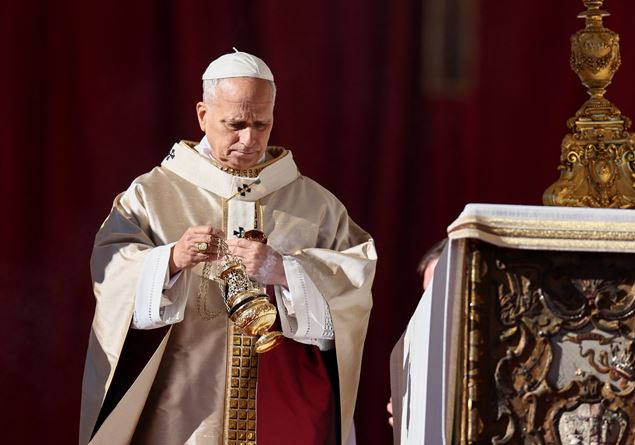The debate over gender differences is more than just a moral issue. It is an imperative for the country, since economic equality would not only guarantee greater serenity in families, but would release wealth and birth potential that are currently unexpressed. This was the theme of the online meeting “Together for women’s economic independence”organized by the Savings Museum. A complaint came from Marzia Camarda, author of the “Gender Dictionary”. His work is based on the belief that “if you can name it, you can change it”, and one of the most urgent areas is money and decision-making power. Access to financial autonomy is compromised from an early age due to the different money education between males and females.
Studies cited in the Dictionary reveal that the former receive pocket money younger and in greater quantities, learning early to manage money, save and negotiate. Girls, on the contrary, often spend money accompanied, absorbing the idea that financial management is the responsibility of others. This infantile distinction is a factor that contributes to an alarming fact: one in 3 women in Italy does not have a bank account, exposing themselves to serious consequences, including economic violence. For Camarda, not being able to manage money is “highly disabling” because it means not being able to make decisions that affect your life and not being able to protect your independence. But what are the mechanisms that fuel economic inequality?
He certainly figures among these career judgment. Labels such as “career woman” convey a negative nuance, without a male equivalent. Female ambition is associated with something “unpleasant” or out of the norm, affecting women’s ability to negotiate salaries. This lack of negotiation, combined with the caring role traditionally assigned to women, pushes them to work part-time. This generates phenomena such as the sticking floor (the “sticky floor” that blocks their professional growth) and occupational segregation, which confines them to feminized and underpaid sectors.
The penalization of motherhood. The motherhood penalty is an invisible cost. It is assumed that the mother will not be able to handle work as effectively, stalling her career. Curiously, when men become fathers, this often translates into a salary increase, as they are rightly considered to need more resources for the new family unit.
The weight of history and society. Let’s just think about the etymology: originally Heritage (management of money) was opposed to Marriage (the duty to have children). Today, this old system is kept alive by free care work: the idea that you don’t have to “pay” for what you do for “love” prevents women from valuing their time and negotiating, leaving them in a state of constant economic dependence.
The lesson of the “Gender Dictionary” is clear: the urgency of promoting awareness and financial education for women is the crucial step to dismantle a culture that has historically excluded them from economic power. Only in this way can the commitment translate into full economic autonomy which is, to all intents and purposes, the premise of all freedom.
In addition to Camarda’s speech, Rita Querzè, journalist from Corriere della Sera, representative of the initiative “A woman, a job, a bill” and Natascha Lusenti, journalist and author of the book “The courage to count. Stories of women, finance and ethics in contemporary Italy”, also spoke. The event will soon be published in full on the Savings Museum’s Youtube channel.








